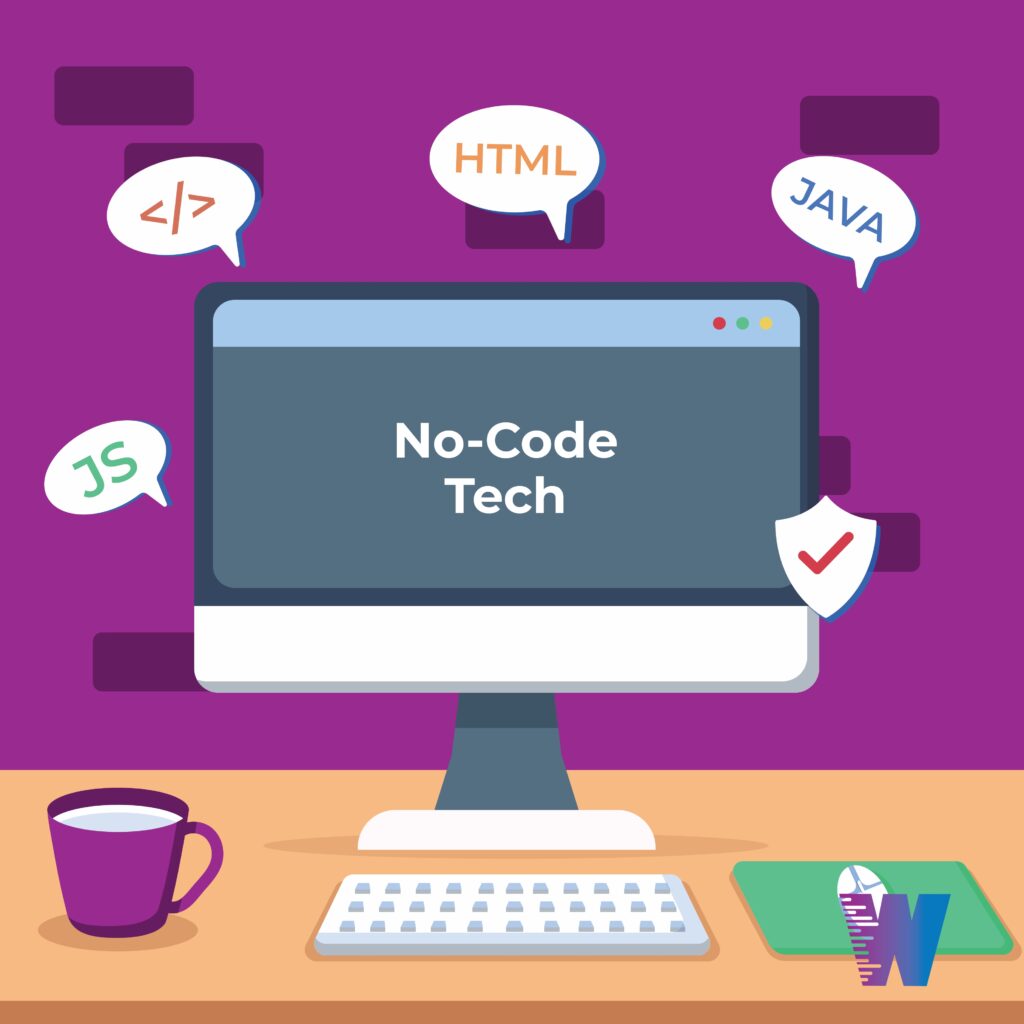
Free Isn’t Always Better: How YouTube and MOOC...
Tech Career
Tech Career

Published Jun 26, 2023
When most people think of tech jobs, their minds often gravitate toward coding, programming, and software development.
While these roles undoubtedly play a vital role in the tech industry, they are just the tip of the iceberg. In reality, the technology sector offers a vast array of non-coding tech jobs that offer a variety of benefits.
This includes the ability to work in an ever-evolving field and the opportunity to make meaningful contributions without needing a background in programming languages.
So, if you have a passion for technology but don’t want to be neck-deep in code, this article is for you. Let’s dive into the fascinating world of non-code tech jobs that you can consider pursuing.

A UI/UX Designer is a creative professional who specializes in creating user interfaces and experiences that are attractive, intuitive, and engaging.
They combine their skills in design and development to create products or services that meet the needs of their users while also being aesthetically pleasing.
User experience has become a pivotal aspect of any successful tech product or service. UX designers focus on creating intuitive, user-friendly, and aesthetically pleasing experiences for customers.
As a UX designer, you are to analyze user behavior, conduct user research, and collaborate with developers to ensure seamless interactions between users and digital products.
A career as a UX designer allows you to shape the way people interact with technology, enhancing their overall experience.
A Product Manager is responsible for a product or service’s strategy, roadmap, and feature definition. They work with cross-functional teams to ensure that the product meets customer needs and company goals.
Product managers bridge the gap between a tech company’s technical and business aspects. They work closely with various teams, such as development, marketing, and design, to conceptualize, develop, and launch products.
This role requires a deep understanding of market trends, user needs, and the ability to prioritize tasks effectively.
If you have a knack for strategy, leadership, and problem-solving, a career as a product manager might be your calling.

A data analyst is a professional who works to collect, organize, and interpret large amounts of data from various sources.
They design complex models and reports that allow their organization to make informed decisions based on their gathered information.
In today’s data-driven world, extracting meaningful insights from vast amounts of information has become crucial.
Data analysts collect, interpret, and visualize data to help businesses make informed decisions. They use analytical tools and statistical techniques to identify patterns, trends, and correlations that can drive strategic initiatives.
If you possess a curious mind, attention to detail, and a passion for uncovering hidden stories in data, a career as a data analyst can be both intellectually stimulating and highly sought after.
The job outlook is strong for those interested in pursuing this career path due to its increasing demand within many industries today – especially since many companies are utilizing technology more than ever before in order to receive valuable insights about customers or competitors.
Behind every great technology product or service lies clear and concise documentation. Technical writers specialize in transforming complex technical concepts into easy-to-understand content for end-users, developers, and other stakeholders.
They create user manuals, guides, tutorials, and API documentation that facilitate seamless adoption and understanding.
If you have strong writing skills, an aptitude for simplifying complex ideas, and a passion for communication, a career as a technical writer can offer a unique blend of creativity and technical expertise.

As technology advances, the need for robust cybersecurity measures becomes increasingly critical. Cybersecurity analysts play a vital role in protecting digital assets from cyber threats.
They analyze vulnerabilities, monitor systems for potential breaches, and implement security measures to safeguard sensitive information.
This job requires a deep understanding of cybersecurity principles, the ability to stay updated on the latest threats, and a passion for problem-solving in the ever-evolving landscape of cybersecurity.
Working in a non-coding tech job can be incredibly rewarding, with many opportunities to learn new skills and stay up to date on the latest trends.
The most important factor for success is having a passion for technology and being able to think outside of the box.
Non-coding jobs require an understanding of how technology works but are more focused on problem-solving, communication, and decision-making than coding itself.
The non-code tech jobs mentioned here are just a glimpse into the possibilities available. Whether you have a knack for design, analysis, management, or communication, there is a niche waiting for you in the ever-expanding tech industry.
Embrace your passion, explore your options, and embark on a journey to redefine the future of technology.
Remember, technology is not limited to code; it is a powerful tool that empowers us to innovate, connect, and transform the world.
So, don’t be afraid to venture into non-code tech jobs and discover a world of opportunities that align with your interests and strengths.

Tech Career

Tech Career

Tech Career